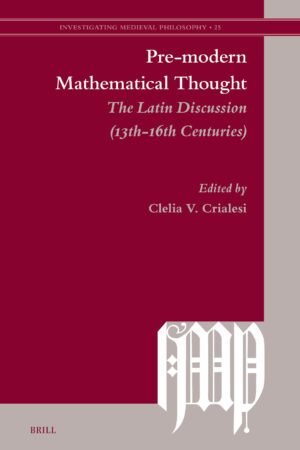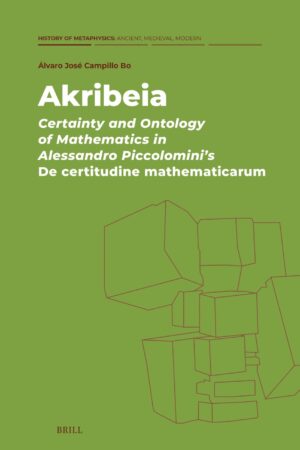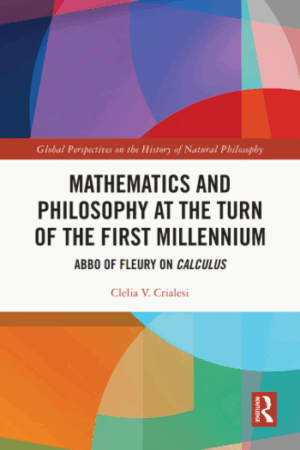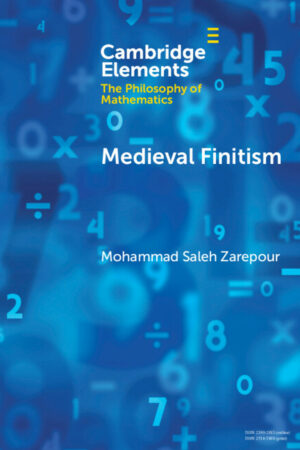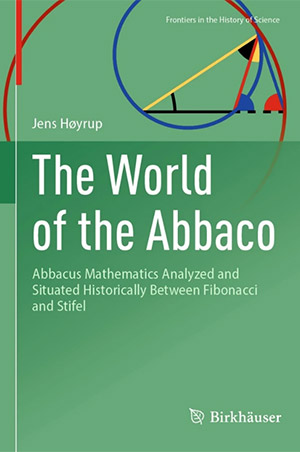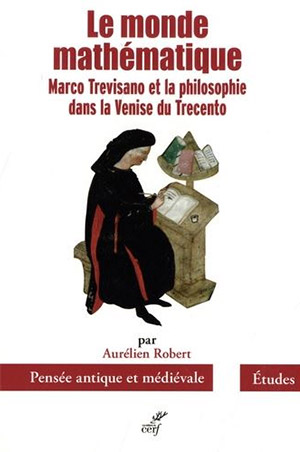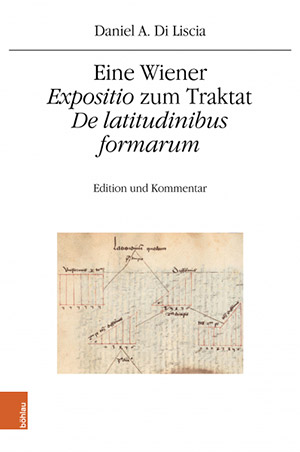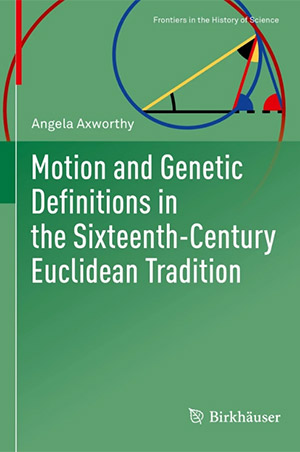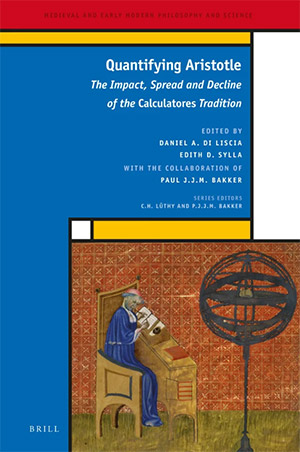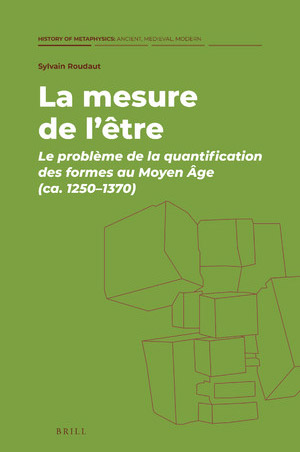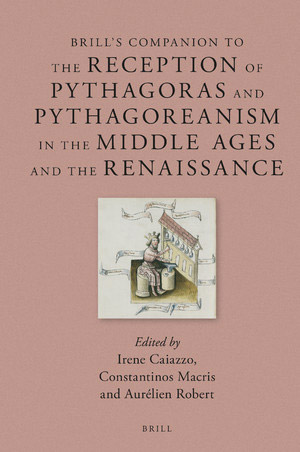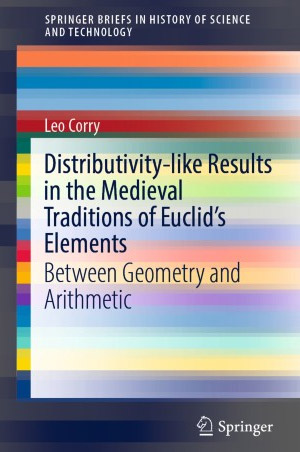C. V. Crialesi (ed.)
Premodern Mathematical Thought. The Latin Discussion (13th-16th Centuries)
Brill 2025.
This book takes readers through an exploration of fundamental discussions that redefined mathematics and its philosophical significance in the centuries foregoing modernity. From William of Auvergne’s paradoxes of infinity to Christoph Clavius’ interpretation of Euclidean principles, it examines the evolving understanding of central issues among which continuity, the existence of mathematical objects such as numbers, and the way humans can make true statements regarding such things. Each chapter sheds light on how premodern scholars bridged mathematics and philosophy, forging concepts and approaches that continued to influence early modern thought. A compelling read for historians, philosophers, and anyone intrigued by the origins and enduring legacy of mathematical ideas as both tools for inquiry and objects of reflection.
